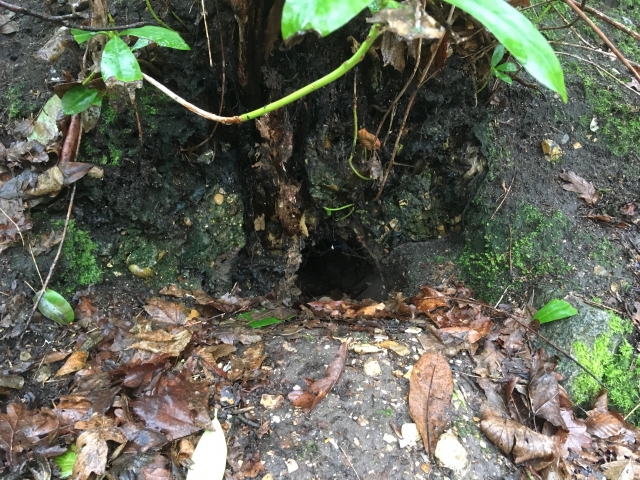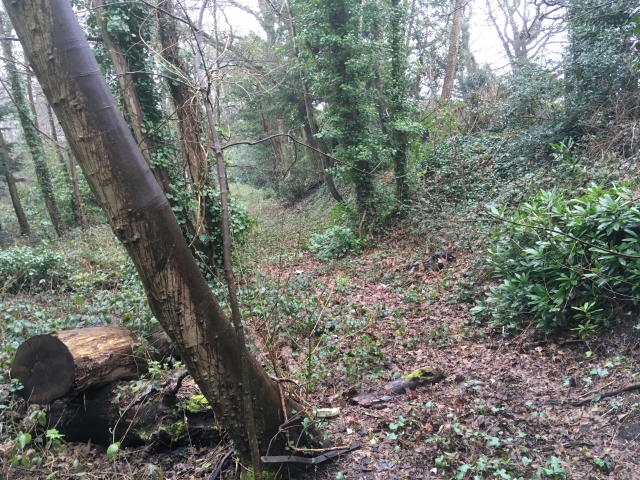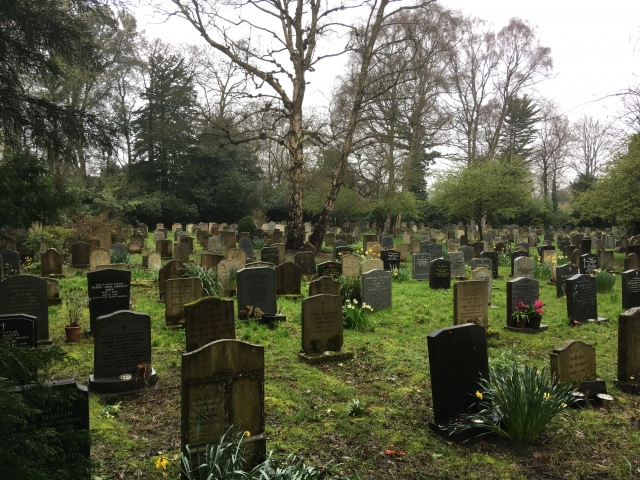CGO Ecology Ltd : Blog
- Details
- By Chris Gleed-Owen
- Category: Blog
In case you haven't heard of Biodiversity Net Gain, it's a huge new policy instrument that is coming on line at the moment. The latest iteration of 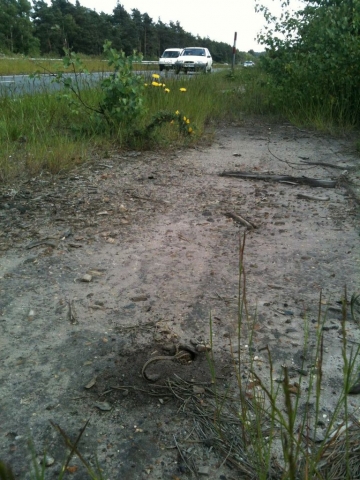 the National Planning Policy Framework (DCLG, 2018) brings it to the fore. All developments should now demonstrate that they will not only be neutral in conservation impact, but that they will seek to redress some of the losses of the past.
the National Planning Policy Framework (DCLG, 2018) brings it to the fore. All developments should now demonstrate that they will not only be neutral in conservation impact, but that they will seek to redress some of the losses of the past.
Sceptical that it will work? Well it's easy to be, but it is encouraging to see this being pushed so hard within the planning, ecological consultancy and development industries. With a firm policy to hang on to, it is easy to persuade developer clients that they must comply. Anyone working in ecological consultancy will already be noticing this.
Biodiversity Net Gain's predecessor ('no net loss') is regarded to have failed, and the replacement is meant to be more ambitious and better-defined. Personally, I think it's going to be really useful, although I reserve judgement on whether it's able to replace, like for like. So watch this space closely.
All the guidance produced by CIRIA, CIEEM and IEMA is available free here.
In the case studies volume, look out for case study 4 - the A338 Bournemouth Spur Road rebuild - which CGO Ecology was heavily involved in. See photo here of a female sand lizard digging a nest beside the A338 adjacent to Week Common [photo credit: Todd Lewis].
Dr Chris Gleed-Owen, Director & Principal Ecologist, CGO Ecology Ltd
- Details
- By Chris Gleed-Owen
- Category: Survey news
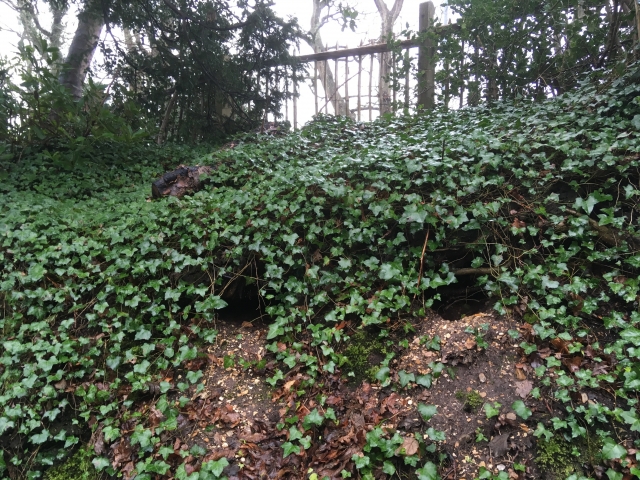
Thankfully the sett is in a bank rising up from the cemetery, and not in the ground where the graves are. Badgers are becoming much bolder inhabitants of suburbia these days, so it's always worth looking out for evidence, even in gardens.
In Southeast Dorset, we've recently found setts and other badger evidence in suburban gardens in Bournemouth, Christchurch and Ferndown.
Sett holes are a bit wider than fox holes, and often with a substantial amount of spoil outside them. They have a 'landscape' orientation, whereas fox and rabbit tend to dig holes in 'portrait'.
Badgers often nuzzle around in loose soil, looking for worms, and digging up bulbs. The resulting 'snuffle holes' are quite distinctive once you've got your eye in.
Badgers also tend to leave their dung in holes (dung-pits), usually on the edge of their territory, to ward off rival clans.
CGO Ecology offers all types of badger survey, and is experienced in sett closure under licence where badgers are disrupting property or causing other problems. Please call us 01202 798126 or email us to know more.
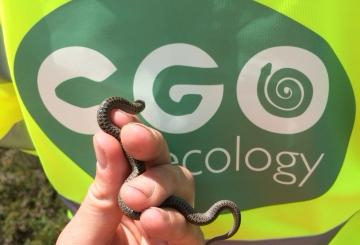
- Details
- By Chris Gleed-Owen
- Category: CGO Ecology news
We are very pleased that CGO Ecology was 'Highly Commended' in the Chartered Institute for Ecology and Environmental Management (CIEEM) annual awards ceremony in London last week. Our involvement on the A338 rebuild project from 2009-2016 in Dorset reached the final three in the 'Innovation' category of the Best Practice Awards programme.
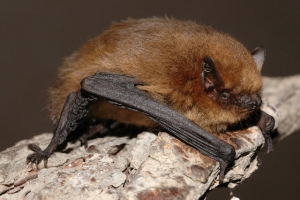
- Details
- By Chris Gleed-Owen
- Category: CGO Ecology news
Last week our team expanded by three, with the recruitment of Senior Ecologist and bat specialist Adam Day, Assistant Ecologist Sarah Barker, and Assistant Ecologist Peter Booker.
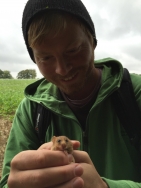
- Details
- By Chris Gleed-Owen
- Category: CGO Ecology news
We would like to welcome our latest recruit, Frankie Gamble, who joined us in early April 2017 as a seasonal ecologist. Frankie has worked in ecological consultancy since 2015, and already has a wide range of experience including bats, birds, GCN, and reptiles. He holds a CSCS card and first aid qualification. He has worked on large-scale surveys for HS2 in the West Midlands, and was employed by two well-known consultancies in 2015 and 2016.
Page 4 of 35


